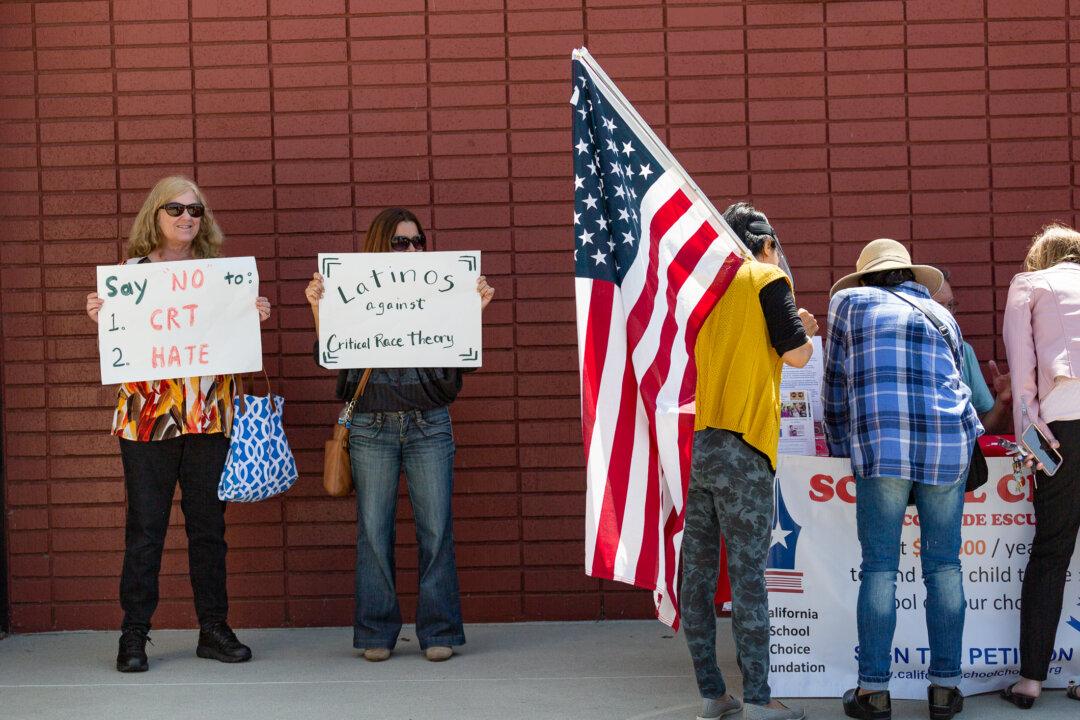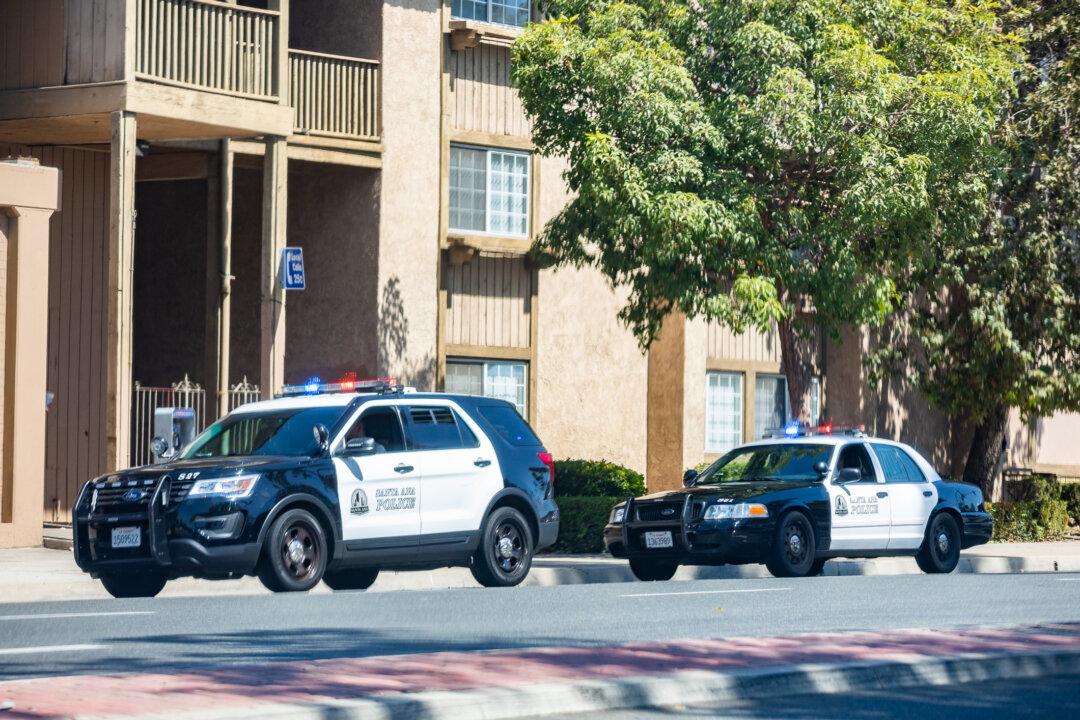The Capistrano Unified School District’s (CUSD) Board of Trustees approved new “cultural proficiency lessons” for all students during a recent board meeting.
The lessons, which will be taught by counselors and not teachers, seek to “build cultural proficiency, engage students in higher-order thinking, and promote equity, inclusion, and diversity,” according to the meeting agenda.





